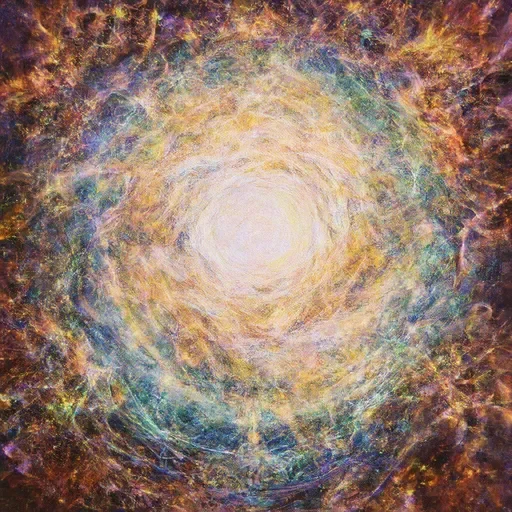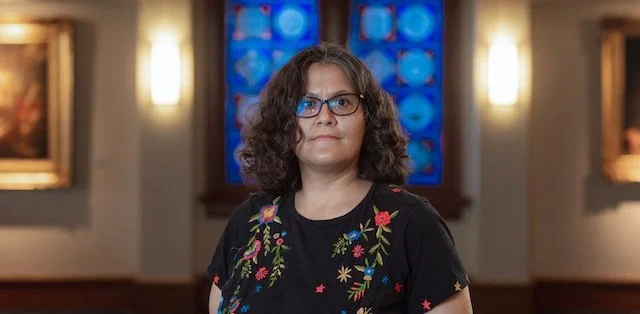Wondering about wonder
Wondering about wonder
We introduce philosophy to our younger cohorts by making sure they have time to question what philosophy is, and we often draw upon the brilliant Peter Worley (the If Man) and The Philosophy Foundation’s answer: thinking about thinking. The Philosophy Foundation also have the most marvellous and potent strapline for their organisation - thinking changes - which as someone who has written about philosophy as repair (Midgley on Moral Philosophy and Ethics, 2025), I have an enormous amount of support for.
Of course there is a great deal more to philosophy than this, those who train with Worley or The Philosophy Foundation (and pupils in our cohorts at CATALYST by Winchester College) understand that philosophy begins in wonder, but is not the same thing as wonder. They would stress that thinking is done in many non-philosophical contexts and that there are some special types of thinking that philosophy possesses and seeks to foster. We have written about how to Think Like a Philosopher in previous blog posts: Thinking Like a Philosopher
Thinking about thinking
This year the Philosophy community lost the remarkable Helen De Cruz, philosopher, educator, musician, illustrator, and author of the spectacular book Wonderstruck - How Wonder and Awe Shape the Way We Think. Since reading the book at the end of 2024, I have been drawing on their ‘wondering about wonder’ ideas and how philosophers and scientists draw on wonder and awe (two epistemic emotions for De Cruz) to keep renewing their intellectual enterprise and inspiring new questions and pathways to help us see the whole of reality. They note that there is a sort of paradox in the idea that science (or rather some scientists, such as Richard Dawkins) tries to discover facts in order to get one to stop wondering about things. And yet we keep (and need to keep) wondering.
Helen De Cruz author of Wonderstruck: How Wonder and Awe Shape the Way We Think
For Plato wonder is a philosophical emotion and De Cruz talks about wonder in terms of being in a state of puzzlement, distinguishing this from awe, where there is an aspect of the unexpected and often speed or vastness. For Aristotle wonder is universally human and that's how Aristotle in the Metaphysics situates the beginning of science, but again it begins in wonder, but is not the same thing as wonder. The CATALYST courses not only foster special types of philosophical thinking - we also have the exceptional Dr John Cullerne who developed modules and experiences to foster special types of scientific thinking to ensure the cohorts are able to Think Like a Scientist too!
Dr John Cullerne - teaching us how to think like a scientist
What unites all our modules at CATALYST (philosophy, science, economics and AI) is that they all begin in wonder - we encourage a life of enquiry and a type of wonder that transforms us- returning to the beautiful strapline of The Philosophy Foundation - thinking changes. De Cruz distinguishes between epistemic emotions and transcendent emotions and for them this is not necessarily a spiritual transcendent, but a transcendent that moves you from self to other and inspires a love for the natural world and the world as a whole.
Our cohorts are encouraged to be changemakers and to make an impact through their Change Projects, and this always starts in wonder, and then requires them to keep drinking at this fountain to sustain this drive and passion for transformation.
Learn more about Helen’s work and fundraiser to support their legacy here: Helen De Cruz
A blog post from Dr Beth Mackintosh (Lead Educator at CATALYST)





